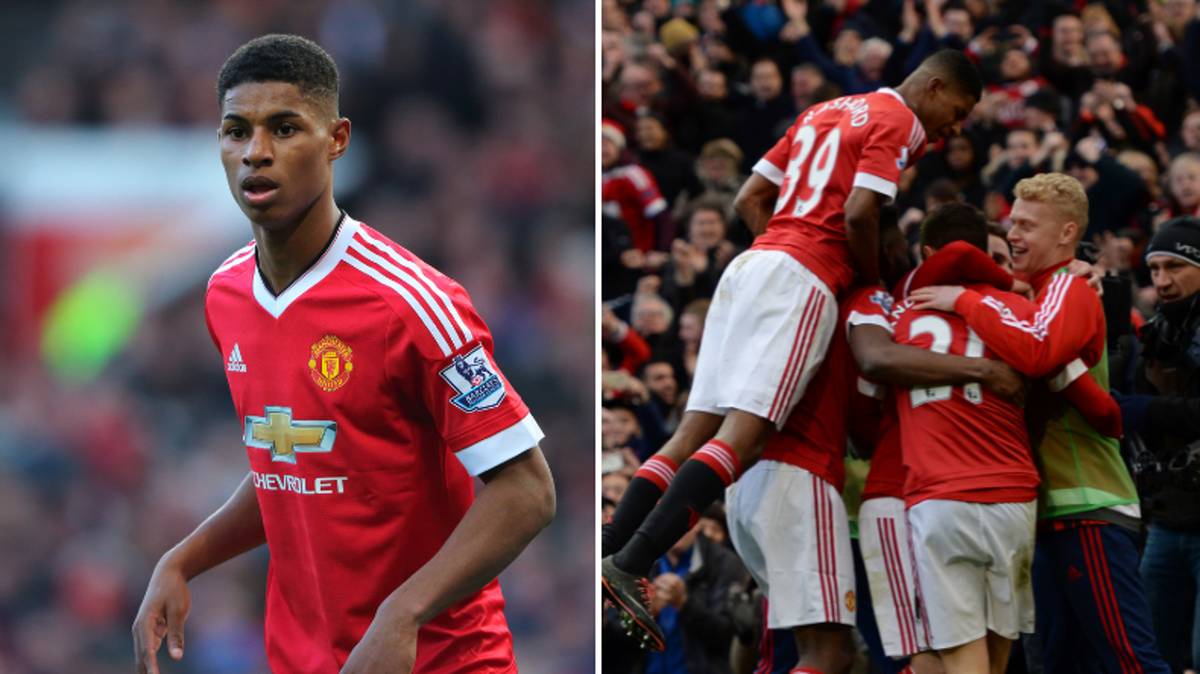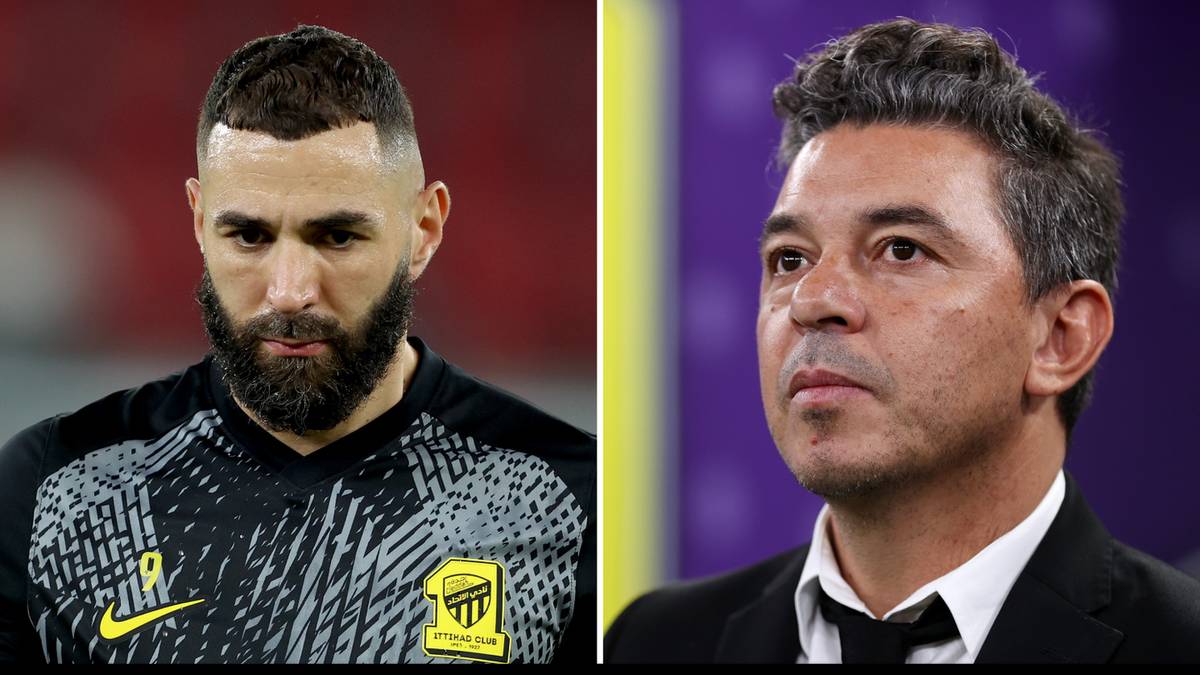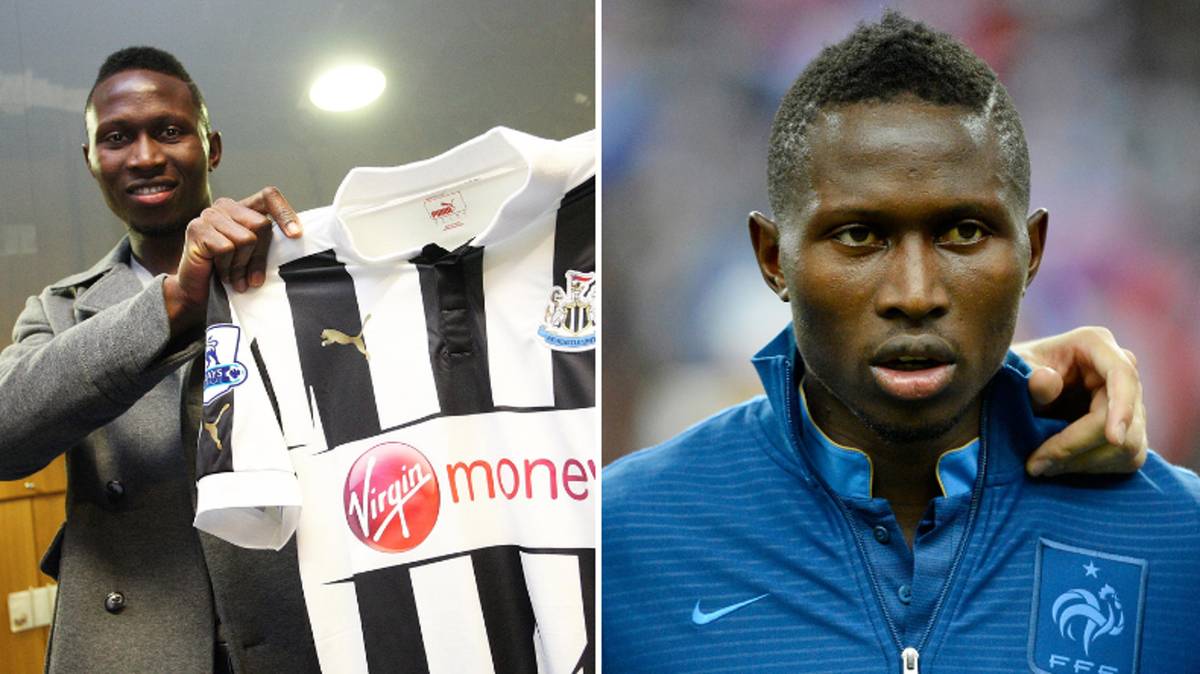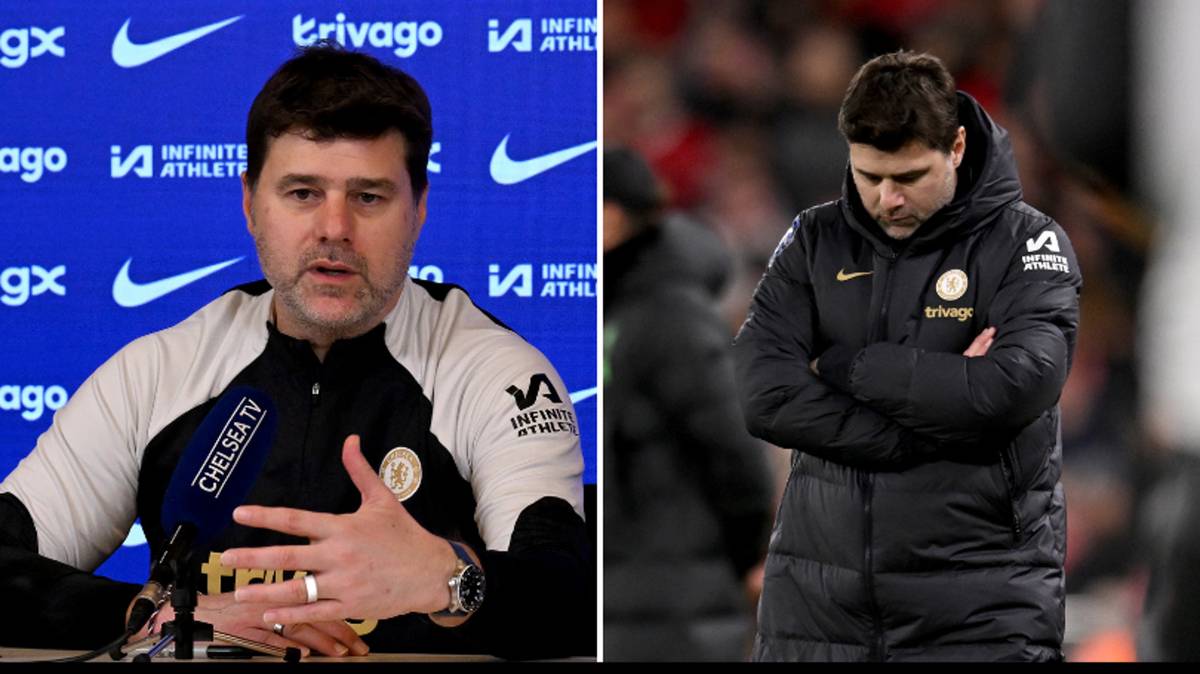
The Football Association have now confirmed that Joey Barton is to be banned from all football activities for 18 months (and fined £30,000) for multiple betting offences.
The ban, in Barton’s own words (and subject to a successful appeal which he says he will be lodging), effectively ends his professional footballing career.
Following on from the Wayne Shaw “pie-gate” betting scandal only a month or two ago, this ban only heightens the focus on issues of betting and integrity within football.
The FA has been investigating for some time the allegation that Barton placed over 1200 bets on football matches between 2006 and 2016 and, following a hearing, have imposed what may appear on first glance to be quite a harsh sanction.
Whilst the FA has not yet released its full written reasons for its decision the public statement Barton himself has released in order to advance his defence (or at least mitigation) does in itself reveal what some of the reasoning behind the FA’s ban might have been.
Barton readily admits that he placed the bets, and that the average stake was about £150. What is far more astounding is that Barton admits that “a handful” of these bets were placed on his own team to lose. He claims that he was never in the matchday squad for a match in which he had bet on his team to lose, and that he placed these bets almost spitefully, after being left out of the squad.
My response to the FA's sanction and for transparency the table of bets involved. https://t.co/U4H6ByhVcd
— Joseph Barton (@Joey7Barton) April 26, 2017
According to Barton, this means that he had “no more ability to influence the outcome than had [he] been betting on darts, snooker, or a cricket match in the West Indies.”
Barton states that the FA did not suggest that he tried to influence the outcome of any match at the hearing. However, it is quite surprising in my view that a player of the profile of Barton thought that he would be able to bet on his own team in any fashion, regardless of whether or not he was in the squad and whether or not he intended to attempt to influence the result.
That Barton does not refer in his statement to the fact that he did in fact place some 30 bets on matches in which he did play is, at the very least, noteworthy. One of these bets was even on himself to be the first goal scorer in a match against Manchester City (a £3 bet which was not a winner!).
Some may say that this type of bet is harmless as it is aligned with what Barton would be trying to do anyway, and is of such a small stake.
However the point is: where do you draw the line? If this stake was bigger, maybe Barton chooses to shoot in an instant where a pass might be a better option. Maybe as a penalty taker, he would be looking for an opportunity to dive and earn a penalty. One presumes these were not his intentions, nor would he have offered to share his winnings with the opposing team’s keeper were they to fumble his early long-distance strike on goal – but of course he opens himself up to this form of speculation. Just as Bruce Grobbelaar appeared to do back in the day…
For this type of reason, the FA has implemented the most simple of betting rules: no participant (coaches, agents, players, physios etc.) in football can place bets on any football match. This seems the most logical way to police betting, as drawing arbitrary lines on who can bet on what, to what amount, presents multiple potential problems.
Until the FA has released its written reasons, we cannot be sure exactly what the biggest reasons behind the ban and the fine were.
It will be interesting to see which aspect the FA considered to be the worst part of this case: Barton betting on his team to lose whilst not playing, betting on himself to score or his team to win whilst playing, or betting on the many other matches he didn’t play in.
What does appear likely, however, is that this is another case of a player not knowing the (very simple) rules on betting in football.
Much like Wayne Shaw and “piegate”, we must hope that other players do finally learn a lesson from these mistakes.
We must also look to ensure that clubs and the FA do all they can to educate players; one certainly has sympathy with Barton’s wider point.
The sport of football, and the clubs, are quite willing to share the spoils that the gambling industry brings to the game. Most, if not all, professional clubs share lucrative commercial arrangements with those companies that profit from betting.
Is it then surprising that the players struggle to understand the opposition that they are supposed to have to betting?



